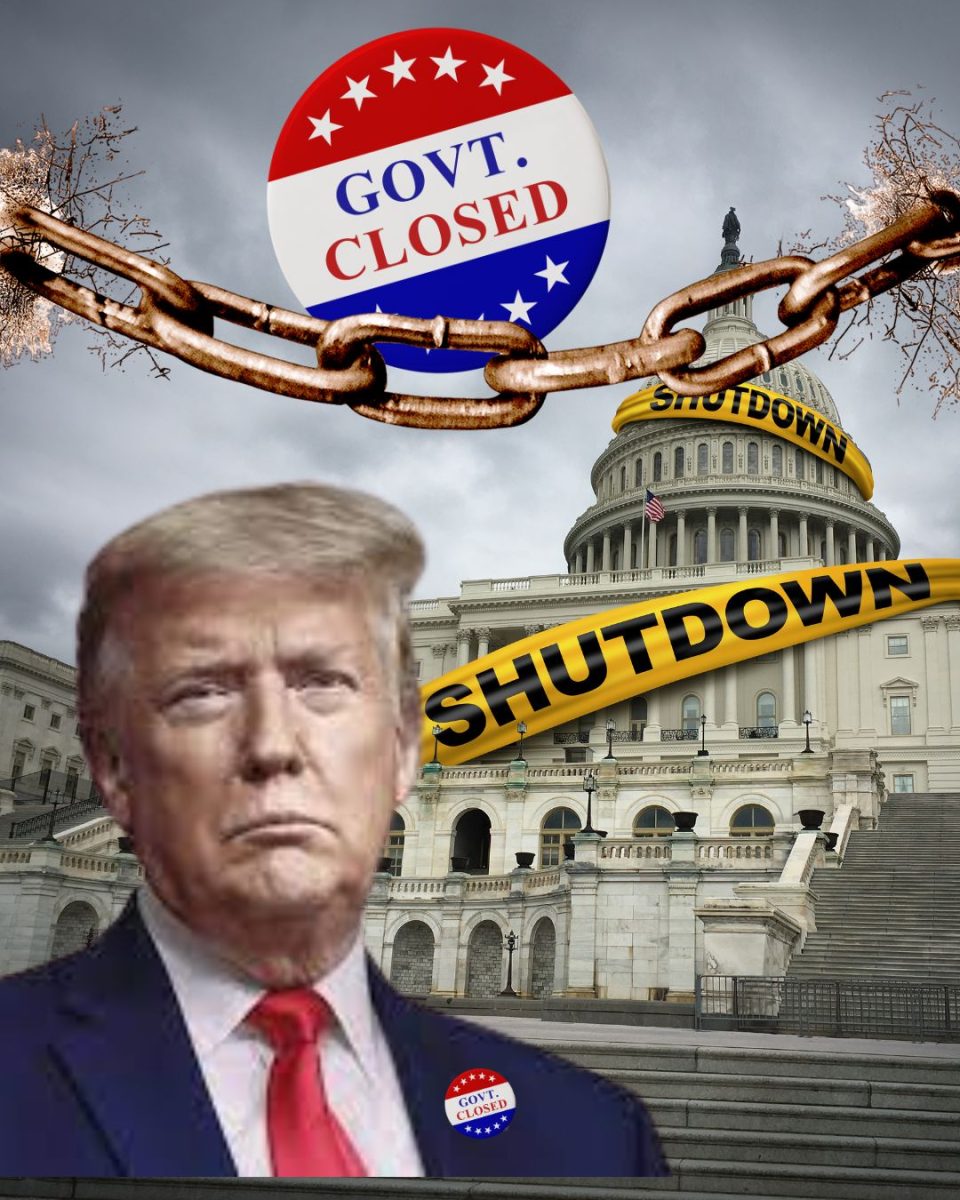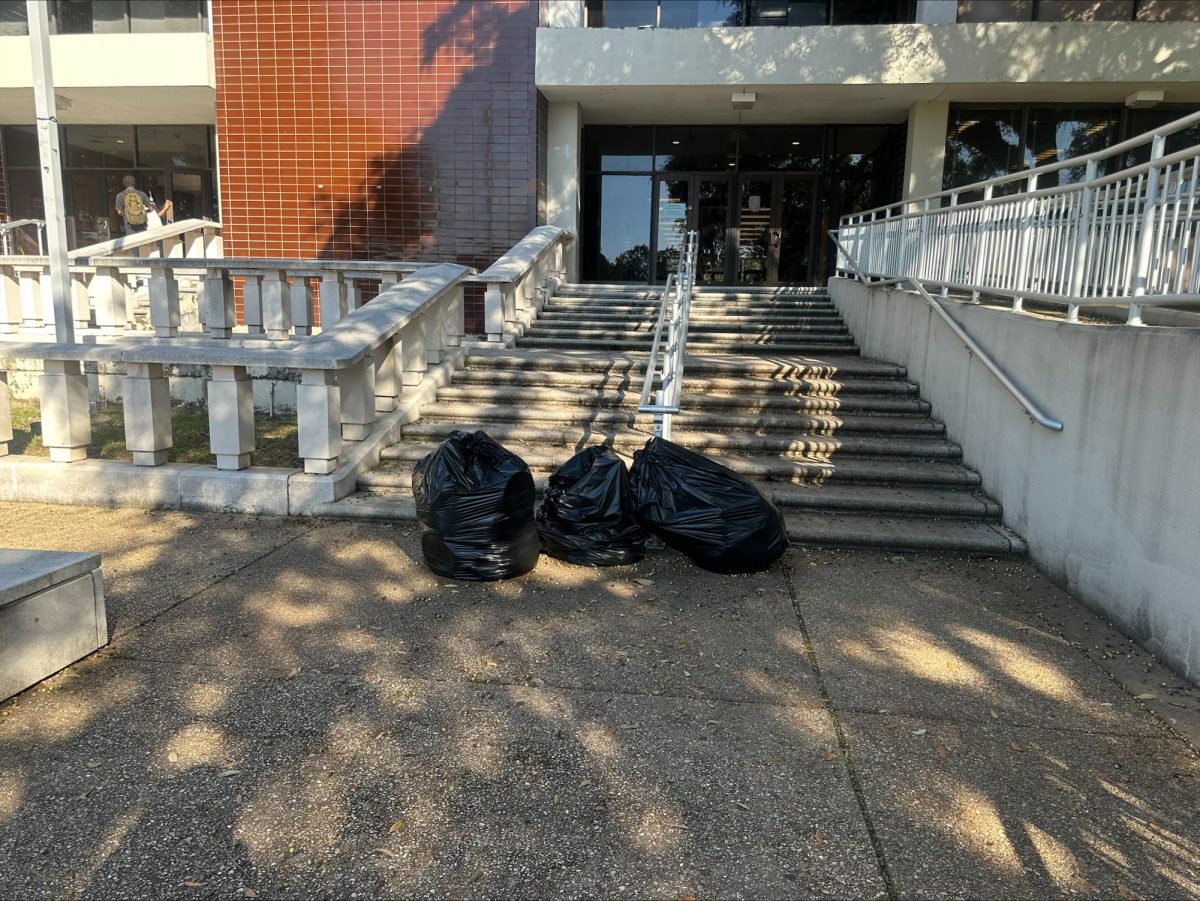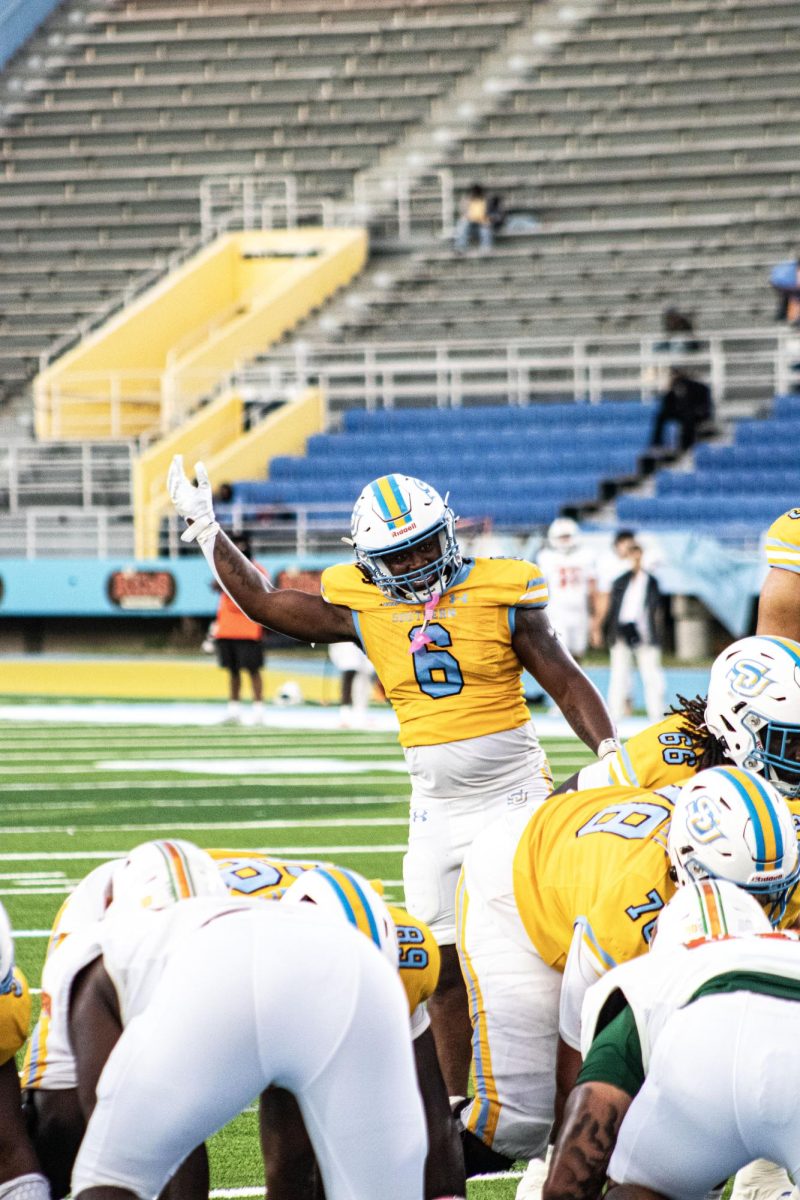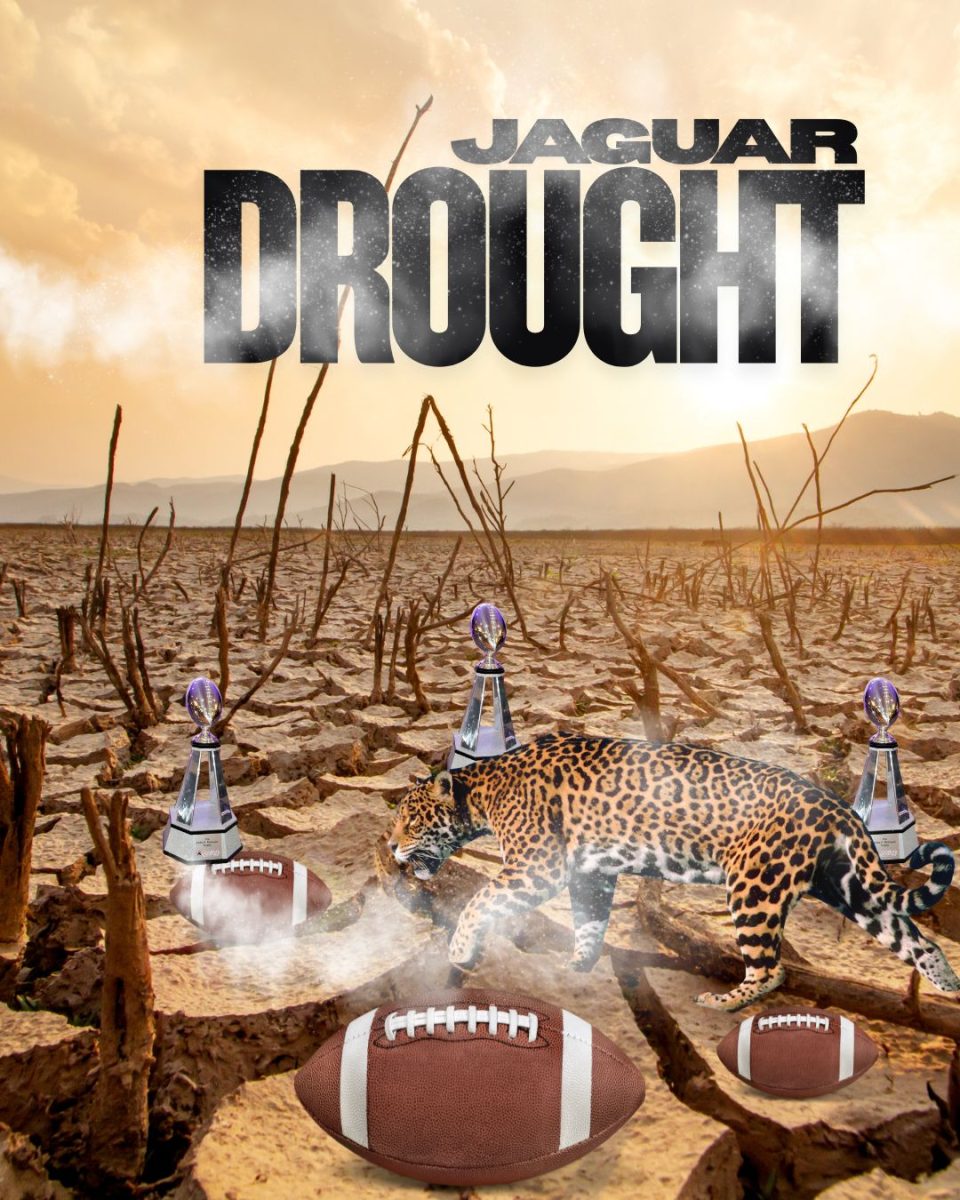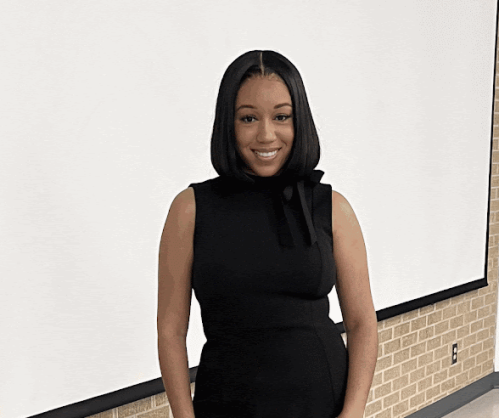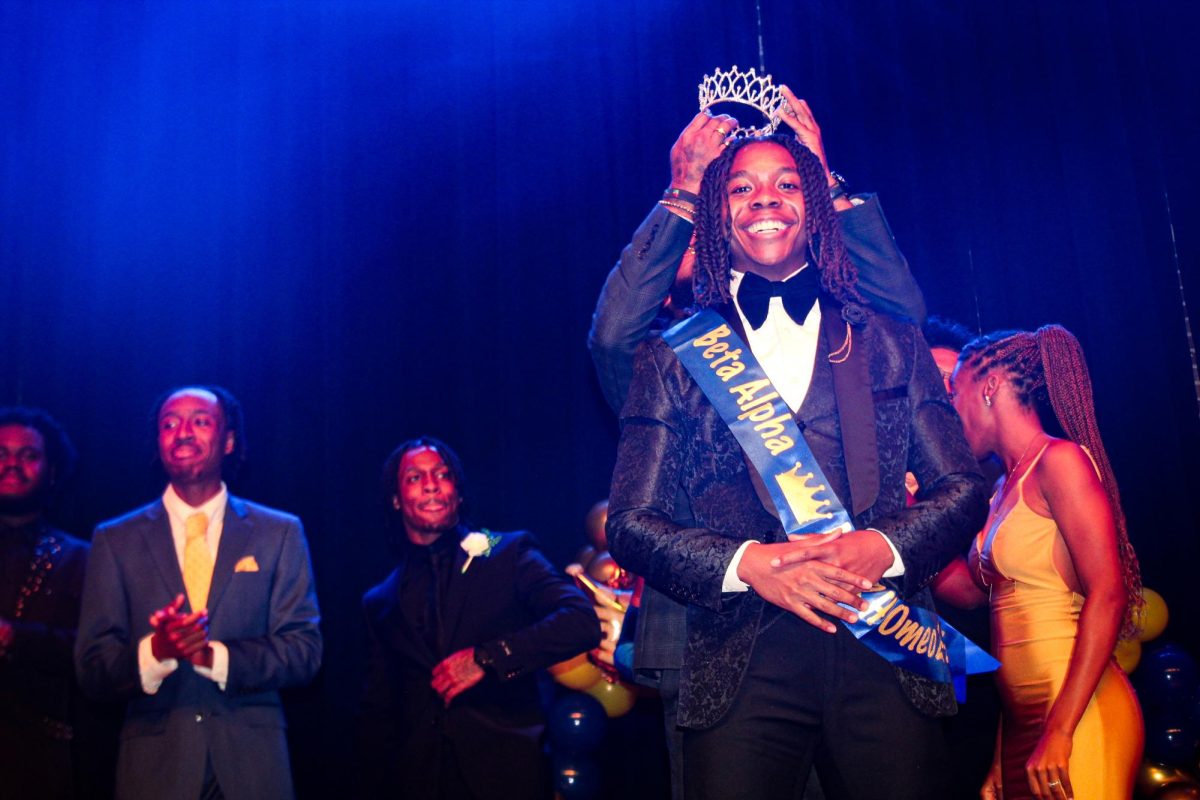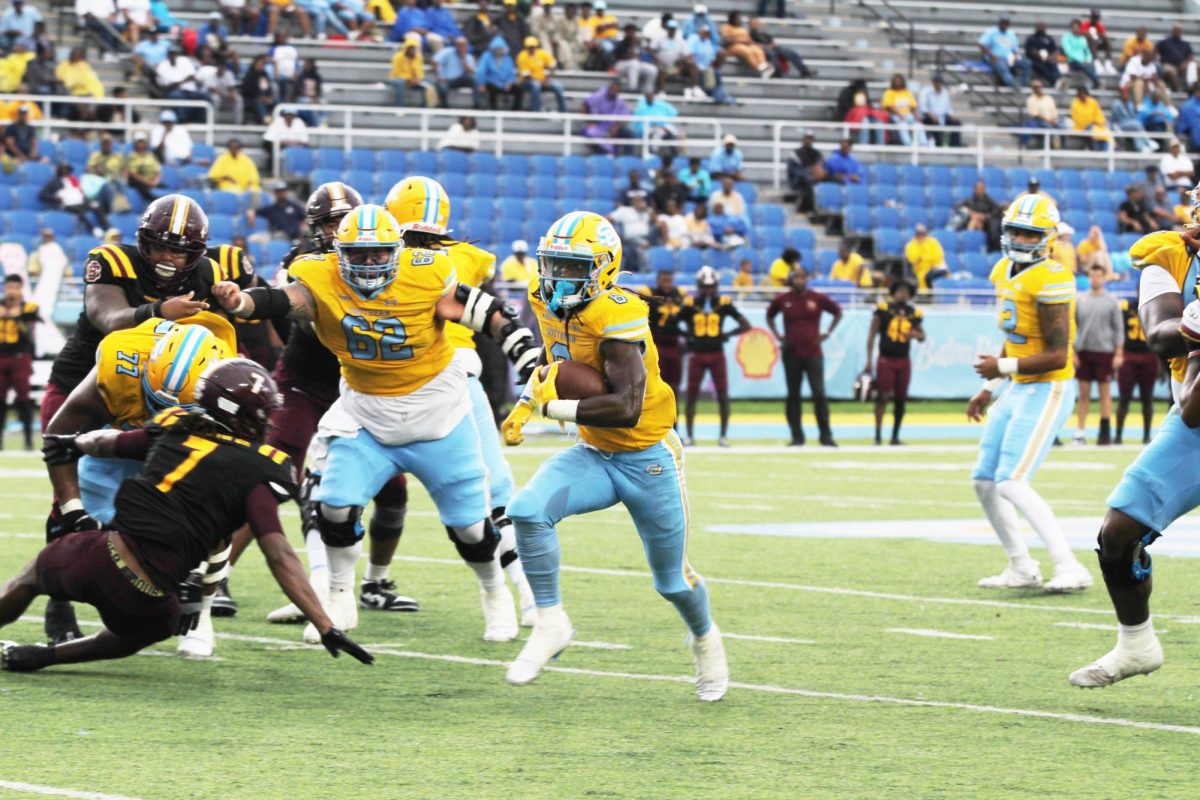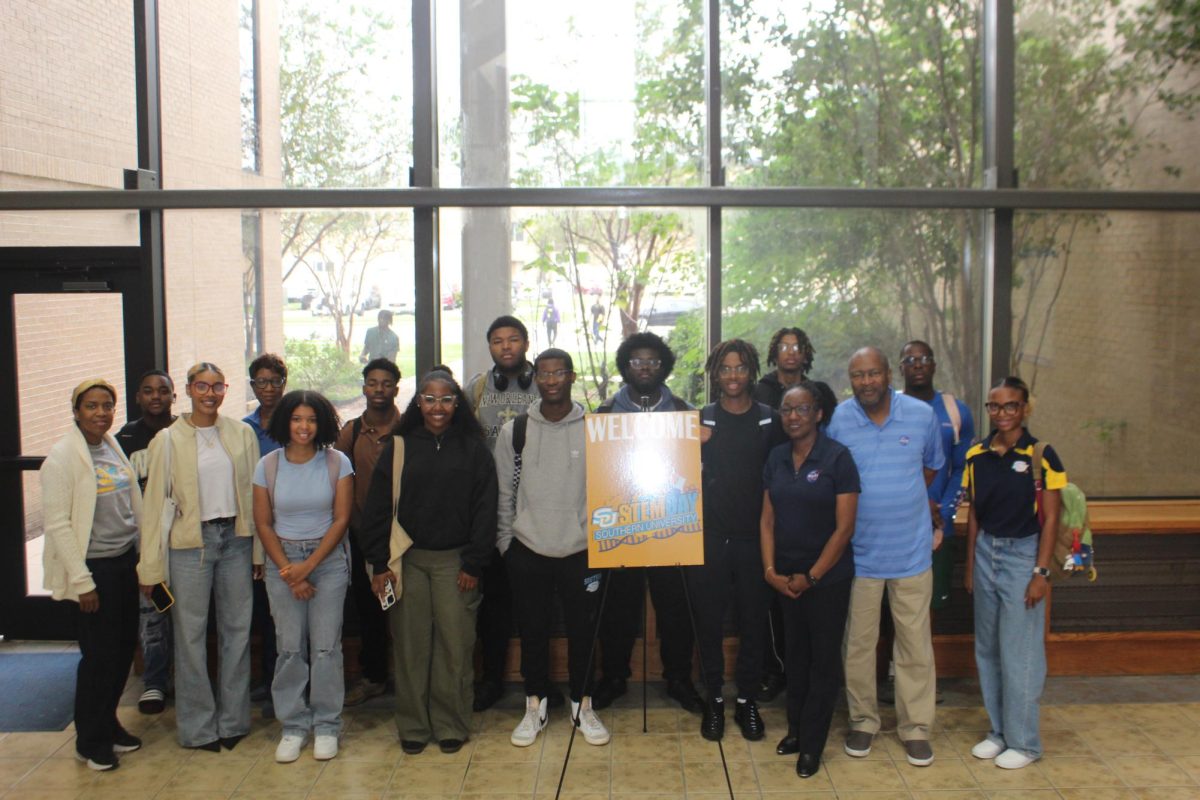The story of Hip-hop is often told like this: Clive Campbell was born into the dancehall culture of Kingston, Jamaica in 1955. He was fascinated by the sounds and artistry of the ‘disco jockeys’, and this fascination migrated with him to the Bronx at the age of 12. His towering stature earned him the nickname of ‘Hercules’ amongst his graffiti crew. In his latter teenage years, he acquired a rare copy of Sex Machine by James Brown, further intensifying his love for disco jockeying. This story is a lengthy one, but it eventually leads to him creating the genre now known as Hip-hop in August 11, 1973 at a party on Sedgwick Avenue.
Since then, Hip-hop has become a vehicle for political movements, a cultural titan and a genre that grosses approximately $10 billion in the music industry per year. These advancements have given many groups of marginalized peoples, especially members of the African diaspora, a way to tell their stories to those who would otherwise be oblivious. Kendrick Lamar, a child of a member of the Gangster Disciples who spent his youth in poverty, was the first non-classical or jazz artist to receive a Pulitzer Prize for his 2018 album DAMN, serving as a testament to the validity of the the creativity of Hip-hop.
Yet, one of the largest controversies amongst the Hip-hop world is whether this creativity is still appreciated, and whether the community itself has just become “Hip-pop”. Recently, this conversation arose following videos showing rappers Blueface, Cardi B and NBA Youngboy giving virtually identical opinions on the genre: “I don’t give a f*** about rap.” The artists all stated that they pursued rap solely for the financial benefits, and that aspects such as lyricism, performances and variety hold no meaning to them. When one looks at how these artists handle the music industry, this lack of care seems to cause many issues for them.
Recently, Los Angeles born rapper Blueface explained on the Breakfast Club radio show that he was unaware that he is currently signed to 4 different record labels, something that can pose legal issues for many artists. Each of these labels receives a portion of all profits made from any aspect of his career, ranging from songs to tour merchandise, to the tour profits themselves. As for Cardi B, her biggest criticism lies in the pinnacle of Hip-hop itself: lyrics. She expressed in a video on her Instagram page that, “I like to make money. I don’t really give a f*** about being lyrical.” She has been criticized for her usage of various songwriters, particularly the artist Pardison Fontaine. Initially, it was believed that the song Be Careful, from her debut album Invasion of Privacy, was copied from Fontaine based off a video of him singing a version of the song with his own vocals a year before the release of the album. Later, she clarified that he was a credited writer on the track.
Recently, the importance of songwriting has become a symbol of influence in Hip-hop, though it was initially the status quo. Rappers such as J. Cole, Nicki Minaj, Jay Z and Kendrick Lamar pride themselves on their writing, and often critique the heavy usage of ghostwriters and songwriters in Hip-hop. This conversation begs the questions, has Hip-hop strayed too far from its roots, or are some artists still stuck in the ‘old school’?
Categories:
STATE OF THE CULTURE
March 25, 2019
0
More to Discover
